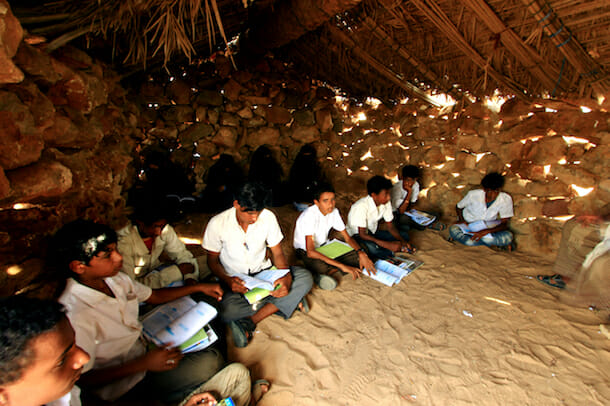
Can We Be Optimistic About the Future of Yemen?
The Yemeni conflict has destroyed the already fragile infrastructure and completely depleted the people’s resources. Maintaining optimism for a better future becomes more difficult as the conflict continues. Famine, epidemics, the underground economy growth, and the displacement of a few million have become the primary focus.
Oil in Yemen has brought a huge source of income, but only a few people have benefited from it. Despite the rise in world oil prices, the decline in Yemen’s oil production prevents the state from relying on the increase in price to compensate for the shortfall in production.
Excluding the prospect of new oil discoveries, oil is expected to run out in Yemen over the next decade. If we look at gas as a hope, it is also out of reach as big competitors keeping prices low. Also, gas production requires a huge investment in Yemen’s infrastructure.
Sabotage and the shortage of energy in Yemen are constant problems. Other problems facing Yemen include bureaucracy and corruption.
Bureaucracy and corruption are rampant in almost all government institutions, not only affecting resources and efficiency, but in sectors such as education and health care, destroying minds and taking lives.
Even in liberated areas far from sabotage, such as Hadramout, education and healthcare sectors continue to suffer from corruption and mismanagement. A bet on the growth of a well-educated generation in Yemen is very difficult in the presence of corrupt and despotic managers.

Youth challenge
In the south-east of Yemen, the Arab Alliance led by Saudi Arabia and the UAE, liberated Hadramout province of al-Qaeda elements, and imposed security two years ago.
In addition to safety in Hadramot, a few other factors have contributed to providing some job opportunities, especially in areas such as electricity, lathing, welding, accounting, refrigeration and air conditioning. This is due to the increasing popularity of education in the institutes of technical education and vocational training, and the increasing demand for skilled workers in these areas which is primarily due to growing real estate and construction investments.
“I had two problems at first. The first was the lack of a lot of customers. The second was the permanent power outages. I suffered a lot, and I had to stop working for hours during the day,” says Mohammed Saleh, owner of a welding workshop. “With the encouragement of friends I could buy a generator, which doubled my production and thus increased customers,” Mohammed added.

Khalid, a tailor, said: “The factory’s owner I work with now had a tailor from northern Yemen, but that tailor returned to his village. The owner asked me to work instead. I did not have much experience in sewing curtains, but I learned quickly and I loved the profession. It provided me with good returns. ”
Limited but promising options
Young Yemenis can build a better future only with a reasonable degree of security and good governance, focused on the country’s renewable and unique resources, such as fisheries, agriculture, tourism and ports. Yemen has unique architecture, an ancient culture and world-class tourist attractions that are unparalleled in the Arabian Peninsula.
It would be wise for the government to take advantage of the remaining oil revenues and the external support in education, health, and infrastructure. There is nothing reliable in the future of Yemen as its youth make up almost half of the population.

